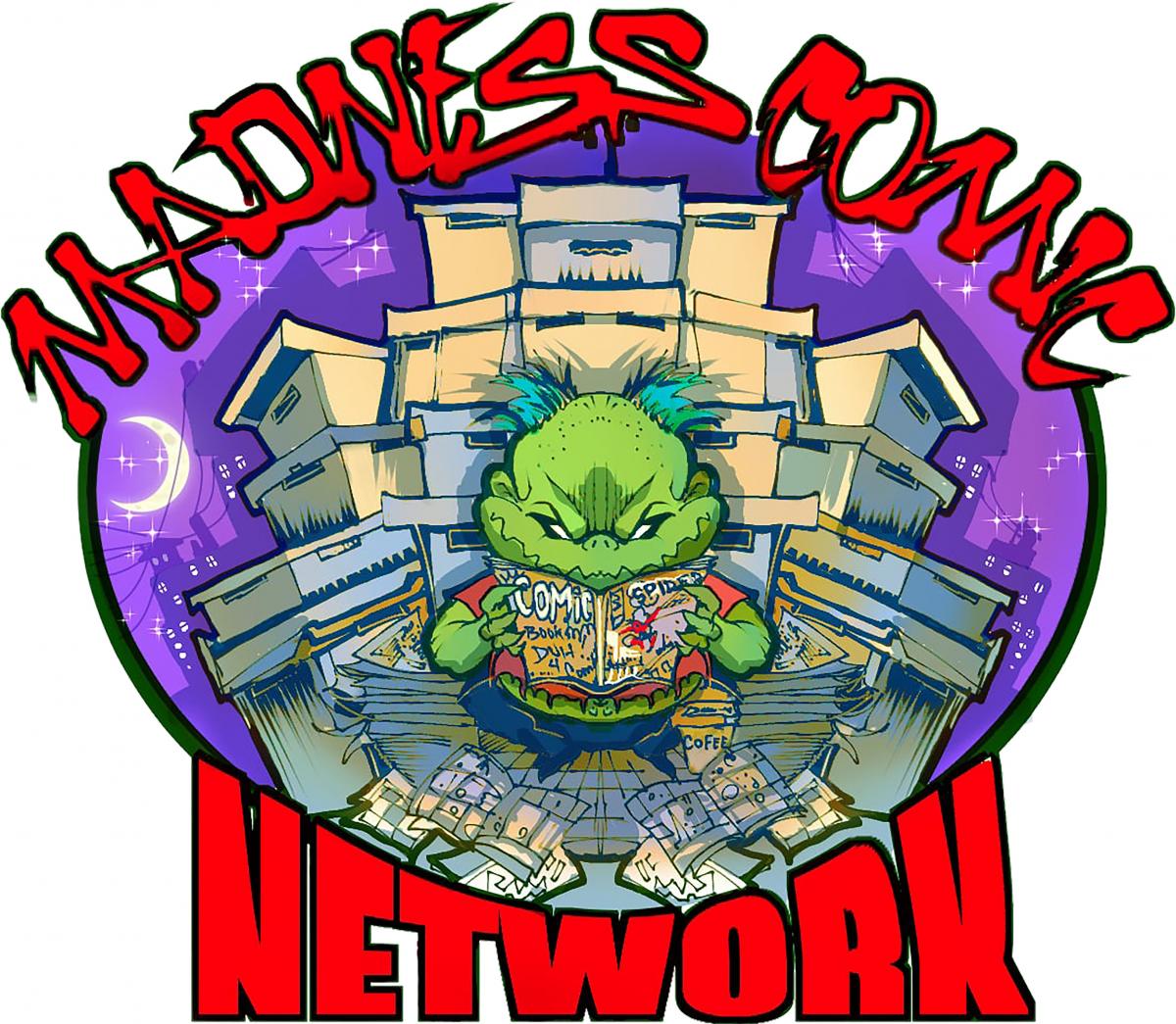Grimm Fairy Tales 2020 Holiday Special Lacks Twists and Connections
FTC Statement: Reviewers are frequently provided by the publisher/production company with a copy of the material being reviewed.The opinions published are solely those of the respective reviewers and may not reflect the opinions of CriticalBlast.com or its management.
As an Amazon Associate, we earn from qualifying purchases. (This is a legal requirement, as apparently some sites advertise for Amazon for free. Yes, that's sarcasm.)

I love the horror comics, particularly the anthologies where stories had to be told in a few pages and grip you from beginning to end. But there's an art to the telling of these tales. Storytellers around campfires know it. The EC (and DC) writers of your knew it. It involves a setup, a hook, and an unexpected twist. But tying that all together requires one important thread: irony. That's what makes a good horror short story, and it's unfortunately missing from the entire string of tales in this years GRIMM FAIRY TALES 2020 HOLIDAY SPECIAL.
The 44-page one-shot sports an appropriately eerie cover by Igor Vitorino and Ivan Nunes, although I would rank it last among the four alternate covers available for this issue, which also includes enticing fronts from Ron Leary Jr., Michael DiPascale and Sanju Nivangune, and Harvy Tolibao and Mohan Sivakami. The insides are actually decently illustrated as well, by Babisu Kourtis, Marcelo Basile, Dario Tallarico, and Rodrigo Xavier.
The first tale, "Nisse," is perhaps the best of the lot. A chief of police, crooked though we see him to be, is preparing to spend his first Christmas alone after the death of his wife. He speaks to her photo, and promises to uphold all their traditions despite her absence. But as December passes, he finds his work persistently undone, making him intent on catching the vandals behind the chaos. The supernatural ending is obviously a punishment for him -- but we never learn what he's being punished for (certainly graft doesn't merit infernal visitation), nor why it's attached to a vengeful Christmas-related entity.
Then there's "Yule Cat." This one has some fantastic potential that is tragically wasted. A woman is focused on her upcoming election and is generally a shrew to her husband who buys her a kitten she clearly doesn't want. She complains about everything. Meanwhile, something starts killing animals around their farm. They find it, and it gets them. Why? Where's the tension in that? Where's the deserved retribution? Where, I reiterate, is the irony that made legends out of horror comics of Christmas Past?
The third tale is "Gryla," and it's perhaps the most understandable in terms of someone deserving their ends. But here it's almost as if writer Mark Bertolini is trying too hard to make his lead character as much of an unlikeable narcissist as possible. He's horrible to his wife, his family; he's addicted to his work and his lecherous affection for his wanton secretary. And when Christmas Eve is upon him and he gets his just desserts, nobody mourns his fate -- not his wife, not his children, but least of all the readers, who are glad to be rid of this noisome caricature of self-aggrandaizement.
Book-ending this trio is 'Thread" by Dave Franchini. Here, there's even less connective tissue than anywhere else. The book opens with a murder victim found. It ends with a man -- presumably the murderer -- waking up to all three of the monsters we just met, waiting to exact their vengeance on him. Why? Why specifically him? What rule did he break, what cosmic law did he flout, what gypsy curse did he tempt? We don't know. We won't know. It was a murder shrouded in mystery from the reader, so we are left to assume that it was horrendous indeed, and are thus robbed of the cause-and-effect that even a surprising twist delivers.
Zenescope is capable of delivering satisfying horror shorts that fire on all cylinders and peal off with the reader hanging on for dear life. This one, however, is sitting on cinder blocks, and isn't going anywhere.


